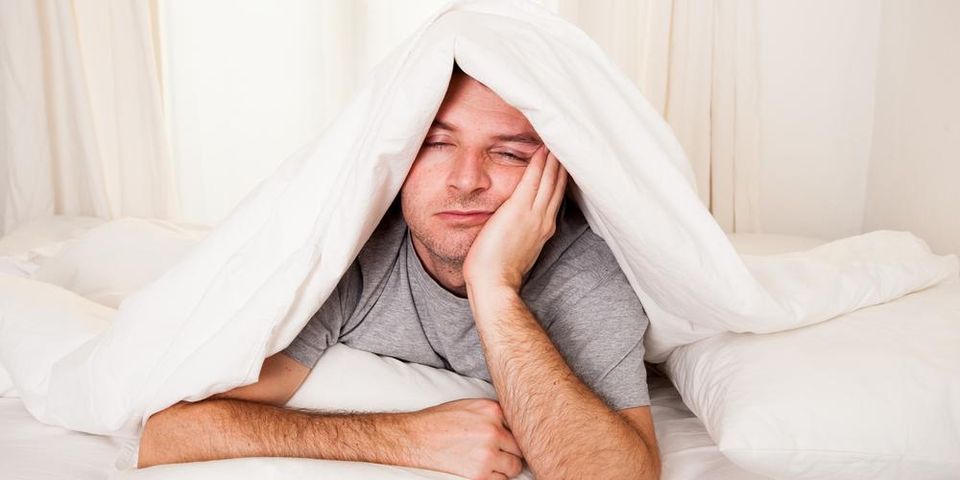
If you have persistent bad breath or a throbbing toothache, it’s obvious why you would turn to a dentist for diagnosis and treatment. You probably wouldn’t seek dental care if you had trouble sleeping, though. Most people don’t realize untreated sleep apnea can affect their smile, but your dentist may be one of the first health care providers to recognize signs of the condition.
3 Ways Sleep Apnea Can Affect Oral Health
1. Worn Enamel
Bruxism or tooth grinding is one of the earliest signs of sleep apnea for many people. Researchers have determined that nearly 25% of people who have obstructive sleep apnea also have bruxism. If left untreated, grinding your teeth will wear down the enamel, making them more vulnerable to damage and decay.
2. Gum Recession
 Clenching or grinding your teeth places a considerable amount of pressure on them. Over time, this pressure can actually force the surrounding gums to recede. Like worn enamel, receding gums put your oral health at serious risk. Complications include tooth root exposure and eventual tooth loss.
Clenching or grinding your teeth places a considerable amount of pressure on them. Over time, this pressure can actually force the surrounding gums to recede. Like worn enamel, receding gums put your oral health at serious risk. Complications include tooth root exposure and eventual tooth loss.
3. Dry Mouth
People with sleep apnea often wake up with dry mouth. The condition essentially forces you to sleep with your mouth opened, which allows virtually all saliva to dry up at night. Since one of saliva’s main jobs is rinsing away bacteria, this puts the teeth at serious risk of damage without adequate dental care.
If you have sleep apnea and are concerned about its effects on your oral health, turn to the family dentistry team at Lowitz & Meier. Located in Cincinnati, OH, they provide comprehensive dental care for patients of all ages. Whether you need root canal therapy, orthodontic appliances, or crowns and bridges, you can rely on them for unparalleled service every step of the way. To learn more about their history providing the community with preventive, restorative, and cosmetic dental care, visit their website. You can also make an appointment by calling (513) 521-8900.
About the Business
Have a question? Ask the experts!
Send your question

